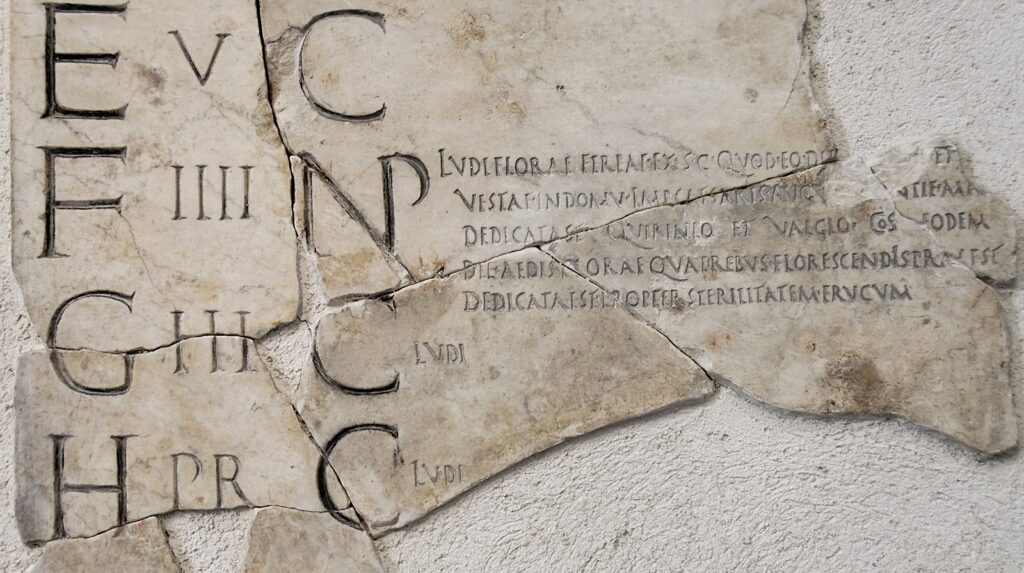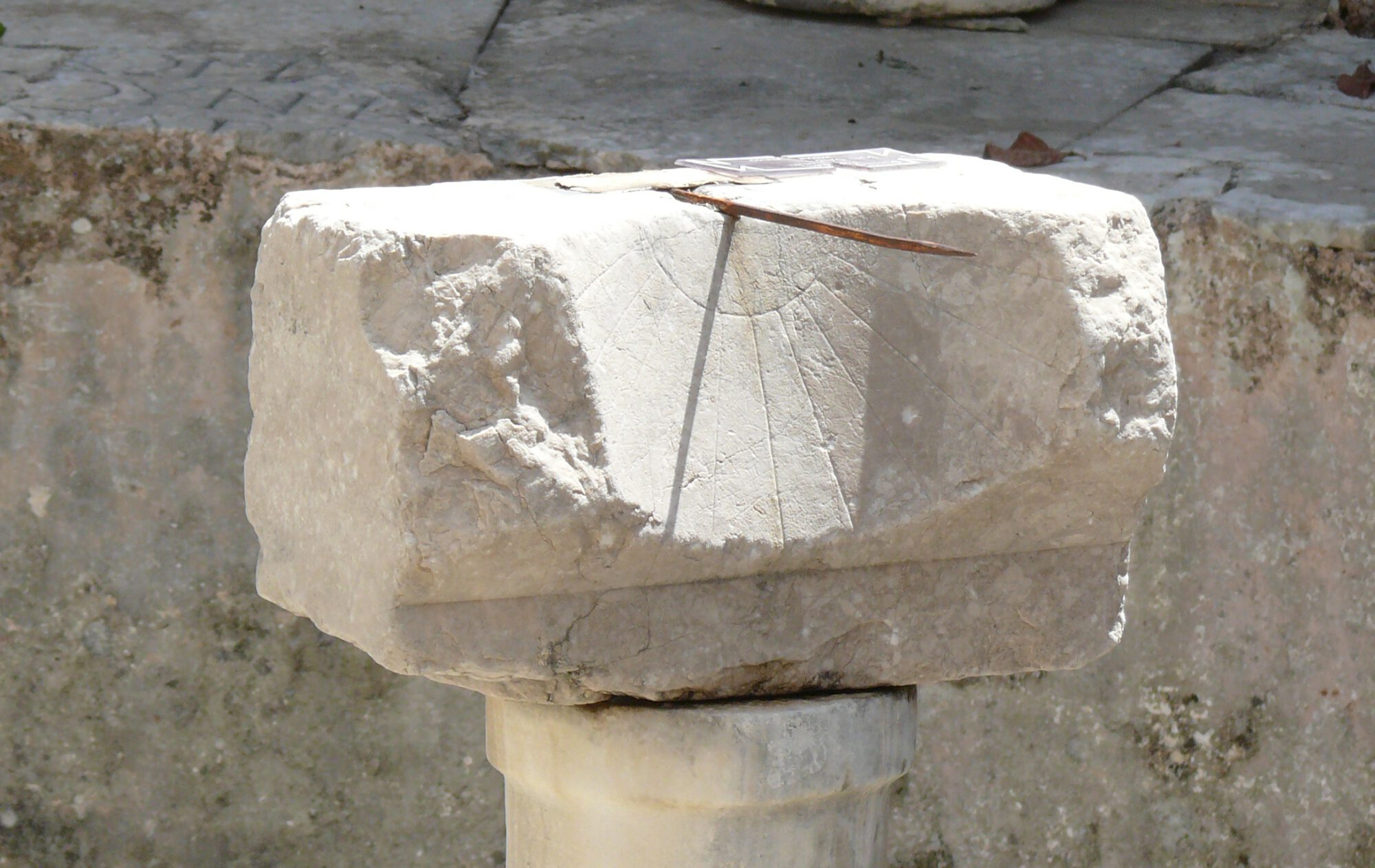International workshop – 15-16 May 2025 – University of Groningen
Ancient cities brought together a plurality of time systems such as calendars, shared rhythms and routines, narratives of the past and future. Religion is at the crossroads of many of these urban temporalities. How did these temporalities contribute to the vitality of the city? Who were they for? Which communities shared in these temporal experiences?
Keynote speaker is Prof. dr. Jörg Rüpke (Max-Weber-Kolleg, Universität Erfurt).

The focus of this international workshop is on the role of religion in conceptualizations of time and its importance in the ancient city. Those sharing the space of a community ideally share a sense of time, making temporality intrinsic to a sense of belonging and a powerful coordinating force. Living together requires synchronization at both a pragmatic level, for regulating quotidian activities, and the conceptual level, on the shape and depth of time. In the ancient world, claims to urban space are often bound to a sense of deep time, whether through tradition, ancestral ties, localized stories of city founders, heroes, and the gods. On the other hand, a temporal disconnect leads to a sense of alienation. Different temporalities are also a powerful way of highlighting divides in communities and of ‘othering’ individuals and groups – prime examples of ‘other’ urban religious temporalities, besides gender divides, include Judaism and Christianity.
Ancient cities brought together a plurality of time systems such as calendars, shared rhythms and routines, narratives of the past and future. Religion is at the crossroads of many of these urban temporalities. Social, economic, and (geo)political motives were typically channeled through religious frameworks, intertwined with urban aspirations, creating a vibrant space of overlapping and sometimes contesting voices. Time was one of the most fundamental of these urban flows regulated by religion, and sanctuaries were primary timekeepers of cities. Their rituals regulated the days, months, and seasons of human time, with transregional ‘panhellenic’ festivals synchronizing cities across the Mediterranean. Yet festivals also had a transcendent capacity of lifting the individual out of the everyday, creating ‘atemporal’ communities that extend beyond the boundaries of the living and the dead. Reaching back beyond the passage of days, seasons and years, this sense of time kept the past alive as a vital part of the present.
Read the full call for papers here.
